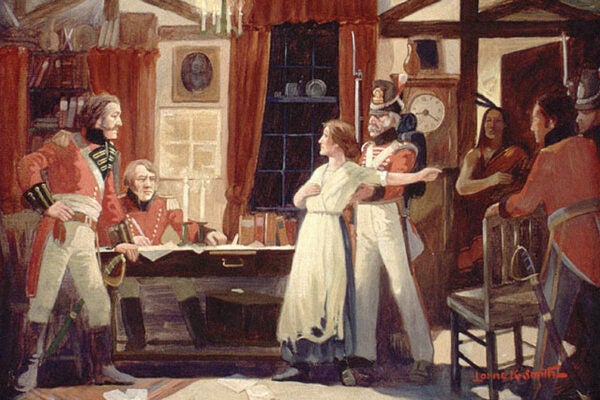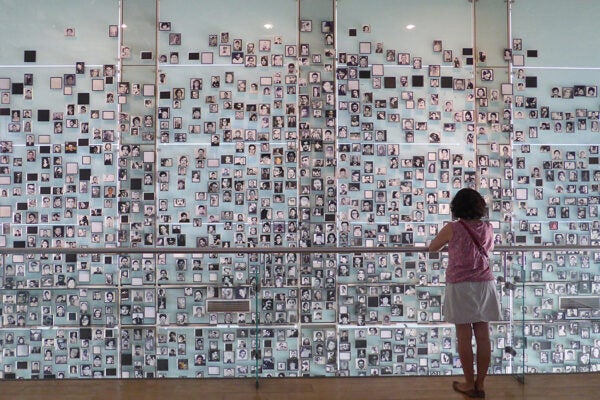For most Japanese tourists in Jamaica, visiting the country is a short, relaxing break. But, as anthropologist Paul Hansen writes, for some fans of the country’s dancehall music, it’s a musical and cultural experience that helps them form an identity in opposition to their own nation’s mainstream culture.
Hansen writes that the second group is made up mostly of young men and women employed in part-time or freelance jobs in the construction or service industries that allow them to spend time traveling and pursuing their musical passions.
“These dancehall aficionados spend much of their time, usually at night, in the poorer areas of the capital city of Kingston,” he writes. “Hungry for music first and ‘lifestyle’ second, the relentless energy with which they consume Jamaican popular culture is perceived by the locals as insatiable.”
Most of the dancehall tourists Hansen spoke with on visits to Kingston in 2014 and 2017 claimed to be seeking not just music but “slackness,” a Jamaican slang term encompassing challenges to the norms and behavioral standards promoted by the country’s elite. In Japan, dancehall fans represent a subculture that embraces what Hansen refers to as “underclass or outcaste belonging,” including aesthetic and sexual norms that diverge from the mainstream.
For some young Japanese women, part of the attraction to dancehall lies in an idealization of Jamaican working-class or underclass women as self-reliant and sexually assertive. The Japanese women drawn to slackness tend to view themselves in contrast to an image of “typical,” more passive Japanese femininity. Some also express interest in dating, and possibly forming long-term relationships with, Jamaican men.
One thirty-year-old Japanese woman told Hansen that she disliked the common Japanese expectation for women to be cute and submissive. While she recognized that Jamaica was also a sexist society, she enjoyed the overt sexuality of the dancehalls and felt that she could control how any relationship with a Jamaican man developed without being stuck in a limited cultural script for romance.
The male dancehall fans Hansen spoke with expressed a parallel critique of Japanese masculine ideals, which are tied to education and employment. The Japanese men, who were often DJs themselves, sought a different kind of achievement—making connections and having their musical skills and knowledge respected in the Jamaican dancehalls. This represents a kind of cultural capital that also has value in the Japanese dancehall scene.
In contrast to the mainstream Japanese expectation that young people remain in education or employment consistently, most of the dancehall fans take repeated, sometimes extended, trips to Jamaica, regardless of the potential impact on their careers.
“To varying degrees, these young Japanese immerse themselves in Jamaican society as a form of resistance, immunization, or even outright escape from culturally normative expectations in Japan,” Hansen writes.







